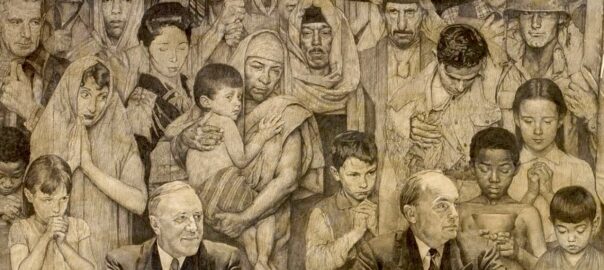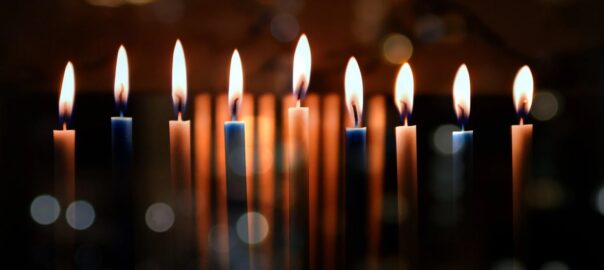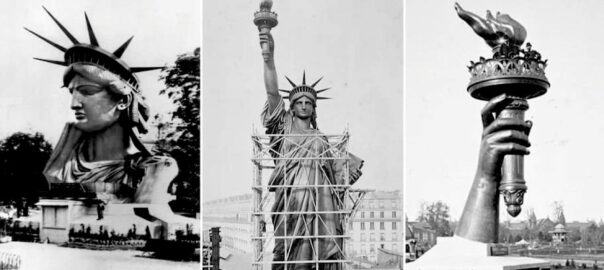
It is my delight and honor to work for Made to Flourish, A Pastors Network for the Common Good (www.madetoflourish.org). Our mission is to help pastors and their churches integrate faith, work and economic wisdom for the flourishing of their communities. We have the honor of presenting ideas, fostering relationships, and sharing practices that will help local churches thrive. We do this with a set of values that guide our efforts. One of these values is “hopeful realism.” We believe that the Risen Christ, through the power of the Holy Spirit and willing agency of God’s people, offers substantive hope that we can see redemptive progress in the world. This hope is tempered by the realism of a sinful, broken world.
In this spirit of hopeful realism, I offer the following observations about the coming year in proverbial form and look forward to many discussions with readers in the months ahead.
Hope: America voted toward the middle and the extremisms of white nationalism and woke socialism do not guide the values and visions of most people.
Realism: Even with a majority of Americans in the middle, it is the loudest voices of influence that often wield power and alertness is called for in this moment.
Hope: The Middle East is realigning as Israel and several Sunni Arab nations recognize that Iran is a threat to all, and economic and military alliances are in their best interests.
Realism: The enemies of the Jewish state are many. They include progressives within Israel and in the West. If a new Administration opens the door to unqualified Palestinian influences, the gains of the past four years could be lost.
Hope: Churches and charities has risen to the COVID moment and will continue to be a source of generosity and innovation in the year ahead.
Realism: Many organizations will need to change or find themselves closing their doors. This includes churches and charities that do not adapt to the economics and sociology of this moment.
Hope: The creativity and innovation afforded by the crises of our time are bringing new relationships, new opportunities, and humbling many who we enslaved by complacency and pride. People are reaching out across cultural, ecclesial and racial divides and finding common cause in helping all have access, equity, and opportunity.
Realism: Agitation propagandists and groups designed to “organize” do not want peaceable debate and principled compromise. They will continue to call for radical changes unwanted by most but demanded by shrill voices who make the exception the rule and continually create new victims.
I remain hopeful because I believe in the goodness and power of God and in the potential of every person who will submit their lives to Christ. I remain a realist because we are in a broken, sinful world and people operate out of their lower, sinful nature far too often. My final hope can be expressed this way: May God grant an awakening that revives the church and reforms society, overflowing to justice for all. As I express this, realism kicks in and I know that great good is often the product of much suffering. We have tumultuous days ahead, and we can be at peace if we will trust our Sovereign God.




